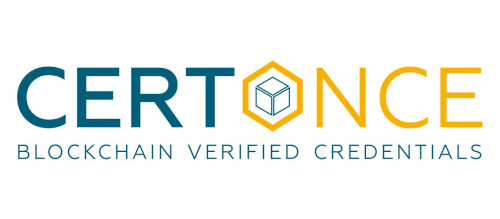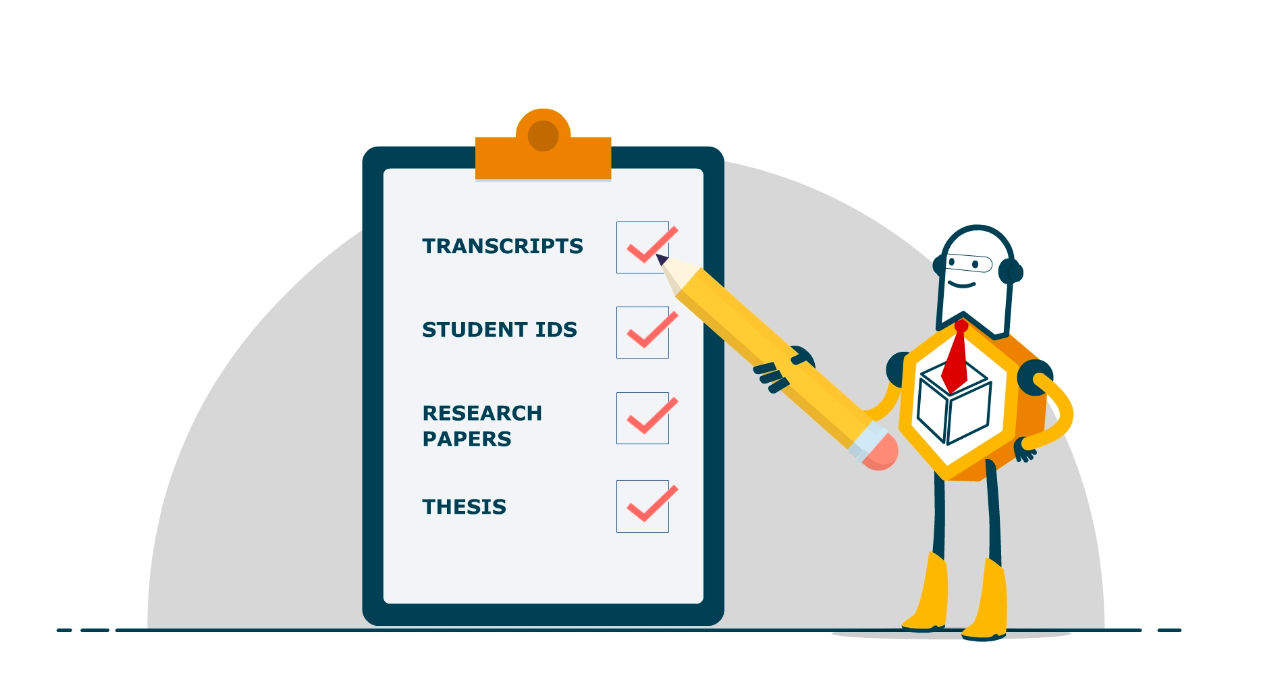Transforming Indian Education With Blockchain: From Secure Certificates to NFTs
Introduction
Imagine being able to own and share your educational achievements with the world. No more worrying about lost transcripts or insecure certificates. With blockchain technology, this is now a reality.
Blockchain-secured degree certificates are just one of the ways that blockchain can benefit the Indian education sector. Other possibilities include using NFTs for awards, achievements, medals, thesis, research work, and intellectual property.
For educators, blockchain technology can help streamline the verification process and reduce corruption. For students, it offers a secure and tamper-proof way to store and share their academic records.
Are you ready to see how blockchain can revolutionize Indian education?
What Is Blockchain Technology and How Can It Benefit Education?
Blockchain technology is a distributed database that allows for secure, transparent and tamper-proof transactions. In the education sector, this could take a variety of forms. For instance, blockchain-secured degree certificates could help to prevent fraudulent credentials.
In addition, blockchain could be used to create digital assets known as non-fungible tokens (NFTs). These NFTs could represent a range of items, from awards and achievements to medals and thesis work. This would provide a secure, tamper-proof way for students to store and share their achievements.
Securing Degree Certificates with Blockchain
The blockchain can help secure your degree certificate and make it tamper-proof.
How? By issuing degree certificates on the blockchain, universities can create a tamper-proof record of academic achievement that can’t be faked or changed. This would help reduce fraudulent degrees and improve the credibility of Indian universities both at home and abroad.
But it’s not just about security. The blockchain can also be used to store other academic records such as transcripts, awards, achievements, medals, thesis, research work and intellectual property. This would create a rich and secure academic history for students that they can access and share online whenever they need to.
Empowering Teachers and Students with NFTs
As we see, blockchain technology is empowering the Indian education sector with secure certificates and NFTs. With this technology, teachers and students will be able to interact and exchange certificates, awards, achievements, medals, thesis, research work and intellectual property in a secure manner. This will bring about transparency and trust in the education system.
Leveraging Blockchain to Enhance Research and Thesis Work
When it comes to tertiary education, research and thesis work play a crucial role. With blockchain technology, you can ensure the security and authenticity of research and thesis work—making it easier to collaborate with other organizations and institutions. A secure ledger makes it easy to trace ownership, history, and all related information when it comes to research papers.
Blockchain also enables universities to share data and insights across their network securely. With tamper-proof records and an immutable audit trail, universities can trust each other’s data without any data breaches. They can also use smart contracts for transactions related to intellectual property or research data sharing.
In addition, academics can benefit from tokenizing projects or publications as NFTs (non-fungible tokens). Using NFTs, academics can provide digital certificates that are secured on the blockchain for awards, achievements, medals, thesis works, etc—ensuring their authenticity in the eyes of employers or educational institutions. This can help them distinguish themselves from the crowd and prove their credentials in the job market.
Protecting Intellectual Property With Blockchain Technology
Beyond degrees, blockchain technology can be used to protect the intellectual property of students and teachers. With blockchain, you can create digital certificates that authenticate academic work and awards. This can include honors, achievements, medals, theses, research work, and basically any other academic milestones.
Once these certificates are registered on the blockchain network, they become tamper-proof records showing ownership of a certain piece of intellectual property. This authority allows these certificates to be used as documents in courts of law as legal evidence. Besides protecting student achievements and contributions against plagiarism or false attribution claims, this will also benefit universities and academies by enabling them to certify the work done at their premises more efficiently.
And with Non-fungible tokens (NFTs) you can make the experience even better—students and teachers can mint digital tokens for these certificates which are then stored securely on the blockchain network forever. This means students can retain ownership of their achievements for many years to come.
What does the future look like for blockchain technology in India?
It’s clear that blockchain technology has the potential to revolutionize how we approach Indian education. With secure degree certificates, NFTs for awards, achievements, medals, thesis, research work, and intellectual property, and more opportunities to make valuable connections with prospective employers and research centers, there’s a lot of potential for blockchain technology in India.
However, in order to bring these benefits to fruition, more work needs to be done. This includes building the infrastructure required for secure storage and authentication of certificates on a blockchain platform as well as educational institutions adopting this technology. Once this happens, it will open up various opportunities for collaboration between organizations and ensure that educational data is handled securely.
The future looks promising for blockchain technology in the Indian education sector and with more organizations investing in research and development activities working towards transforming the current state of affairs through blockchain application — the possibilities are endless.
Conclusion
So, in conclusion, how can blockchain technology benefit the Indian education sector? The answer is a lot. Blockchain can help to secure degree certificates, it can be used to create NFTs for awards, achievements, medals, thesis, research work, and intellectual property, and it can help to make the education system more transparent and efficient. There are many advantages to using blockchain in education, and it is sure to play a major role in the future of Indian education.


